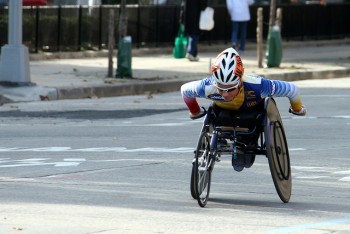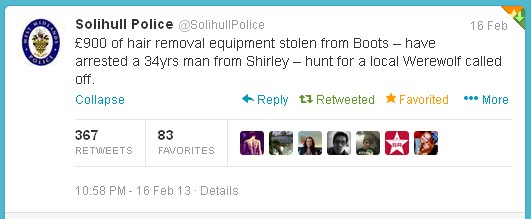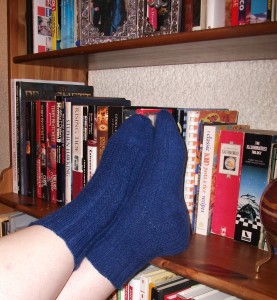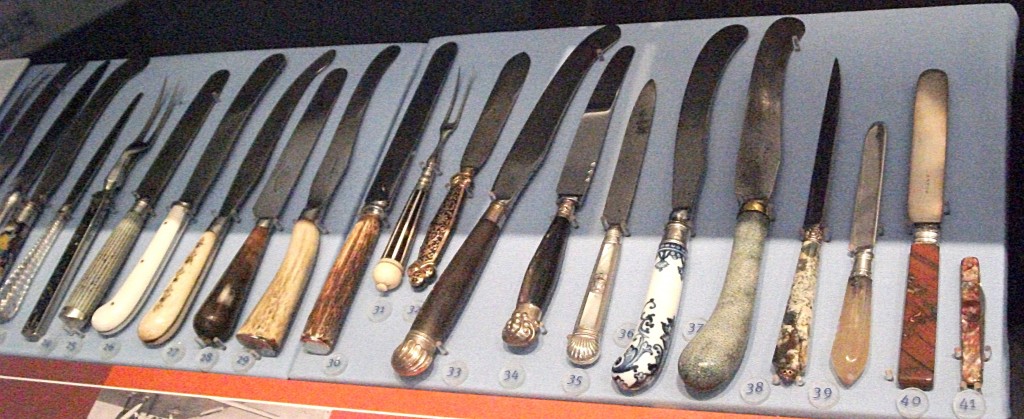One of the RSS feeds I subscribe to is from Snopes, the fact-verifying website we all turn to (or should) when we hear some outlandish tale. Recently, one came across entitled Pitfalls of Sending Cash as a Christmas Gift. In relevant part:
Snopes concludes this is a legend, and gives us an analysis of the general themes. I found the analysis of gift-giving in our society really interesting; this is something I’m struggling with philosophically these days – but more on that another time, maybe. I found the analysis of the gender issues staying with me, though, and that’s what I want to talk about (at least to start) in this entry.
The story contains an element of punishment for women leaving traditional duties behind in favor of competing in the business world. Working outside the home may cause them to have less time for family and friends, thus legends like this serve to warn women against taking up such lives by pointing out what could be lost or compromised.
This stayed with me because it doesn’t ring true. I currently am a homemaker, doing those traditional duties, and yet I experience endless confusion and quite a lot of outright hostility about my choice in this matter from nearly all who learn of it (friends, family, acquaintances, and strangers alike). Women can’t win by being homemakers, and women can’t win by succeeding in paid employment, either. We are, of course, supposed to do it all – a demand that leads to no end of mental health issues.
As this percolated in my head, I stepped back to take a larger view of things, as is my wont. Men, of course, have their own impossible-to-meet pressures from society. Indeed, any group you care to name runs into the same problem of not being able to win, such is the stupidity of the pressures. If we don’t measure up to all these conflicting demands, we risk rejection; this is a problem in a species bred for tribalism. The larger part of the problem, I think, is that we tend to internalize these societal pressures and carry them with us – so we have a very large population of folks constantly feeling like they don’t measure up, like they aren’t succeeding at life. This is no good.
I wondered why we have this state of affairs. The first lot that sprung to mind were those who benefit from it: the entire apparatus of capitalism. If you already have a population of individuals convinced that they’re not good enough, half the work of selling them the solution to their woes is done. I still think this plays a large part in this problem.

However, something else occurred to me: I think our circles are so numerous that we find ourselves trying to simultaneously be all things to all people. This isn’t aided by the current social media explosion, of course: when in person, you’ll talk one way to your mates and another way to your parents; it’s only natural. When they’re all your facebook friends, you have to somehow talk to all of them at the same time; this is tricky.
Then I came across a piece in the business pages of the local paper, of all places, that made me ponder this some more. (It’s written by David and Duncan Wright of BSA Marketing.) On the surface, it has nothing to do with any of this, but since when did I ever settle for surface thoughts?
In a column about online marketing, Step 1 is to Turn Off Your Computer. The idea is to realize that the various places on t’internet only provide the channels of communication with your target audience – the how. You need to stop before diving in to consider what you want to say, who you want to say it to, etc. I especially like this line:
By leaping straight for the web browser before answering these questions, there is a real danger that you will just … be sold the next magic wand, unlikely to deliver any sustained marketing benefits.
I was blessed to be taught marketing by Dr Wolfgang Hinck, who I see has moved up to Dean of the School of Business at Berkeley College in New York & New Jersey. Congrats, Dr Hinck! He’s an exceptionally good teacher, and one whose classes I thoroughly enjoyed. One of the things he drummed into our heads was:
Marketing is Everything & Everything is Marketing
I saw the truth of it then, and I see it more with each passing year.
So I read this article about online marketing and immediately clicked it together with this other stuff I’ve been thinking about – and I realized how true that is for all of life. How often we leap into the speaking without the thinking! In this particular case, how common it is that we’re trying to be all things to all people all the time, instead of making decisions about ourselves first and then finding the right people to gather round us.
How much easier would it be if we first decide things like:
- Who do I want to be?
- What qualities and skills do I want to develop in myself?
- What qualities and skills would I rather leave behind?
Once answered, we could dismiss societal pressures to be somebody else simply based on the fact that we aren’t that person – being that person isn’t right for us at this time. Easier said than done, I know, but it’s a start. Moreover, we can then gather the right people to us who help us further these goals we’ve set and who don’t criticize the decisions we’ve made.
We must, of course, be open to amending these ideas from time to time. A person should have many different answers to “What’s right for me now?” over the course of their lifetime. We must also be ready for our nearest and dearest to likewise go through these changes!
So, who do you want to be?
















